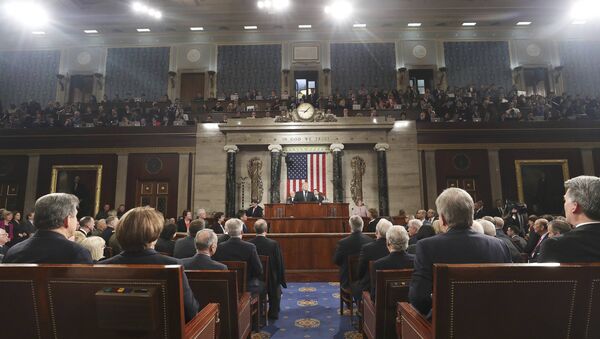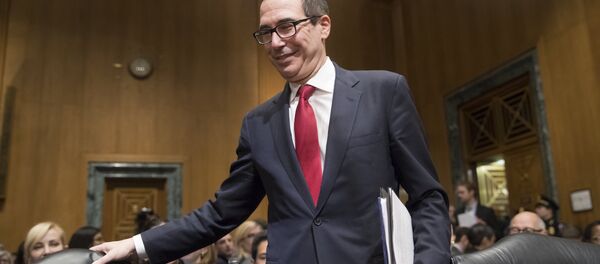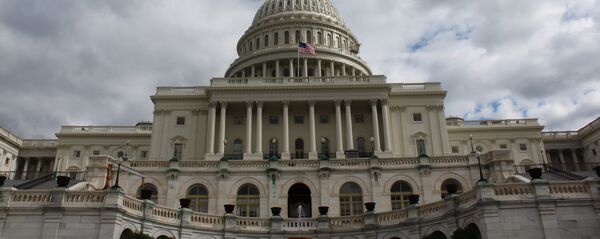"This is a very rare occurrence in the United States. President Trump could veto this law, but he won't do it, because it will be overcome by this very unity in both houses of Congress. In this case Trump will suffer not only political, but also personal defeat," Mangott told Sputnik.
The analyst noted that there is huge pressure on Trump in domestic politics, especially amid the investigation into alleged ties between the US president and Russia.
"The new law imposes strong restrictions on the president regarding a possible withdrawal of the sanctions, which could take place if progress on the resolution of the Ukrainian crisis is reached. Congress wants to avoid it [i.e., lifting the sanctions] under any circumstances and by all means: the law has made the president dependent on the will of Congress, and in Congress a large majority stands for the introduction of the new sanctions," the analyst said.
Commenting on the emerging conflict between Washington and Brussels with regard to the sanctions, Mangott noted that this is the first time since the beginning of the Ukrainian crisis that restrictive measures have not been synchronized between the US and the EU.
"Now the US has taken the initiative in a situation where Europeans are not interested in tightening the sanctions. The second reason why Brussels perceives this move with mixed feelings is the fact that according to the new law, the sanctions could have an extraterritorial application. It means that they can be applied to EU companies that deal with Russian firms," the expert noted.
"If the sanctions apply extraterritorially, this will definitely mean a worsening of already strained relations between European countries on the one hand, and the US, on the other. This would be another conflict point, along with the issue of free trade and climate protection," he added.
Earlier, the White House stated that Donald Trump has reviewed legislation on the Russian sanctions that were by passed Congress earlier this week and plans to sign it.
Moscow has retaliated by ordering the United States to cut its diplomatic staff in Russia to 455 people by September and seizing some properties used by US diplomats in Russia.




